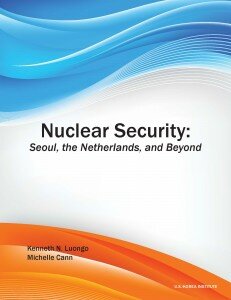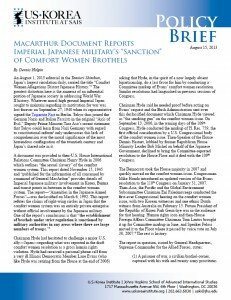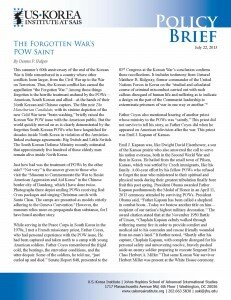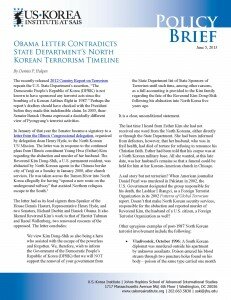 The US-Korea Institute at SAIS and Voice of America announces the release of its latest report, “Cell Phones in North Korea: Has North Korea Entered the Telecommunications Revolution?” by Yonho Kim.
The US-Korea Institute at SAIS and Voice of America announces the release of its latest report, “Cell Phones in North Korea: Has North Korea Entered the Telecommunications Revolution?” by Yonho Kim.
In this USKI-VOA report, Kim takes a closer look at the trends and implications of the cell phone boom in North Korea. His research examines such questions as: Who owns North Korean cell phones? How are cell phones obtained? How are subscriber plans set up? How are North Koreans using their cell phones? How have cell phones changed social norms?
Kim also delves deeper into the business side of the equation, examining Koryolink’s business structure in greater detail and what this really means for the Egyptian partner, Orascom, in terms of profitability and sustainability in North Korea.
Download the USKI-VOA report, “Cell Phones in North Korea: Has North Korea Entered the Telecommunications Revolution?” by Yonho Kim.
Find video archive of the report launch and panel discussion on Telecommunications and Technology in North Korea, featuring Yonho Kim, Alexandre Mansourov (US-Korea Institute at SAIS) and Sascha Meinrath (Open Technology Institute), moderated by Jae Ku (Director, US-Korea Institute at SAIS) here.






